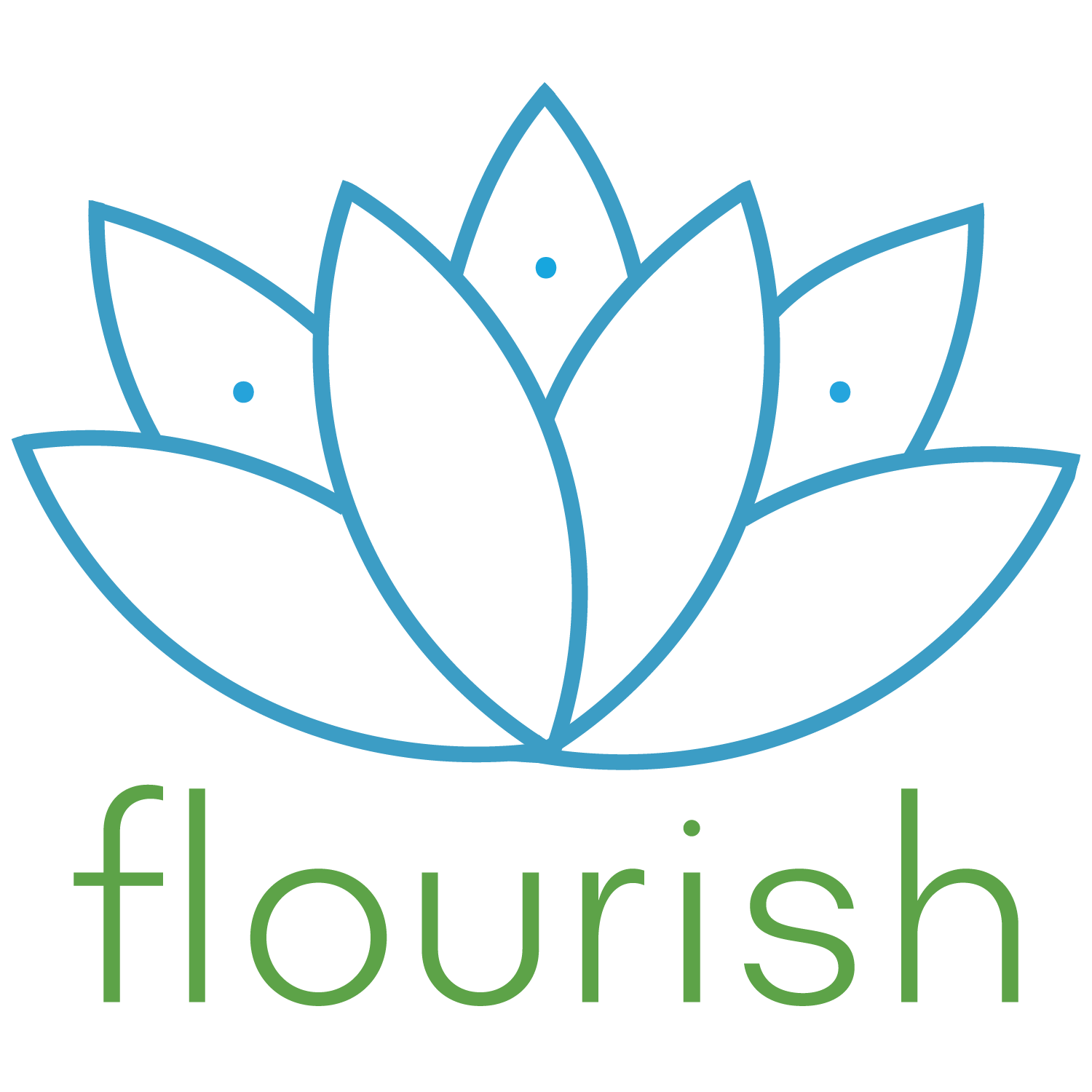restorative coaching
a deeply compassionate, patient, and caring model of support
Never lose hope, my dear Heart. Miracles dwell in the invisible. ~ Rumi
Life presents us all with moments of struggle, adversity, illness, trauma, and confusion. During these times, it’s not uncommon to feel overwhelmed and isolated, it can feel difficult to maintain perspective and find a way to keep going or begin again.
The weight of injury, trauma triggers, excessive workload, grief, and both acute and chronic health issues, can tempt us to disconnect from ourselves and others.
It's easy to fall into a pattern of self-criticism and frustration, especially when we're pushing ourselves to recover quickly or overcome difficulties. However, research indicates that our innate response is better aligned with a gentler, more compassionate approach.
the power of self-kindness
Research demonstrates that self-criticism can undermine our motivation. When we criticize ourselves, we activate our threat defense system, triggering our reptilian brain. In today's world, the threat often relates to our self-concept, and when we attack ourselves, it releases cortisol, resulting in increased stress. The body may even shut down in response to cope, potentially leading to depression.
Our bodies are wired to respond positively to warmth, gentle touch, and soothing voices. Practicing self-compassion reduces cortisol levels while releasing oxytocin and opiates, the feel-good hormones. This sense of safety puts us in the optimal mindset to perform at our best.
coaching’s role in restoring balance
Coaching is not solely about making giant leaps forward or breaking free from being stuck. It's also about returning to yourself, fostering gentle acceptance, and finding inner peace in the face of life's challenges.
Restorative practices, as the name suggests, focus on restoring health, strength, and a sense of well-being. I'll introduce you to daily restorative practices to help you reconnect with what truly matters to you, in addition to providing a supportive presence while you recover and find balance. These practices may include compassionate listening, nonviolent communication, mindfulness exercises, pranayama, gentle yoga, and assistance in expanding your support network.
If you're in pain, facing a crisis, or simply overwhelmed, it's important to recognize that this process can't be rushed. Ideally, coaching is offered over the course of 12 weeks, allowing ample time to explore your desires, experiment with new behaviors, and establish healthier ways of being. Alternatively, we can arrange fewer sessions or individual coaching sessions as needed. Each session is 50 minutes long, ensuring there's ample time for shared restorative practices that promote overall well-being and stress management.
getting started
If we haven't worked together before, you can begin with a free 30-minute discovery session. For new clients, the initial session is a full hour to get started. Follow-up sessions are 50 minutes each and can be purchased individually or in 4-session packages at a 10% discount.
I accept up to three clients each month on a donation basis. Feel free to reach out via email for more information about donation-based coaching.
To schedule an appointment please book online or call 206.973.0703.
Image: Photo by 30daysreplay (PR & Marketing) on Unsplash

